When 22-year-old British entrepreneur James Proud put his new sleep-tracking kit “Sense” on Kickstarter, his goal was to raise $100,000 in 30 days so that he could take it into production.
Word of the technology spread across the Internet and before he knew it, after just a few days on the crowdfunding site, Proud raised more than one million dollars.
At the time this article is published, Sense has surpassed the $1.5m mark, and still has two weeks to go.

So what makes this technology so worthwhile that people all around the world are investing in it? Basically put, it’s a simple sleep-tracking kit. It includes a nifty looking orb (the actual “Sense” device) outfitted with a bevy of tiny sensors tasked with monitoring the bedroom environment throughout the night, including noise, light, temperature, humidity, and even particles in the air.
It also includes a speaker to play white noise throughout the night.
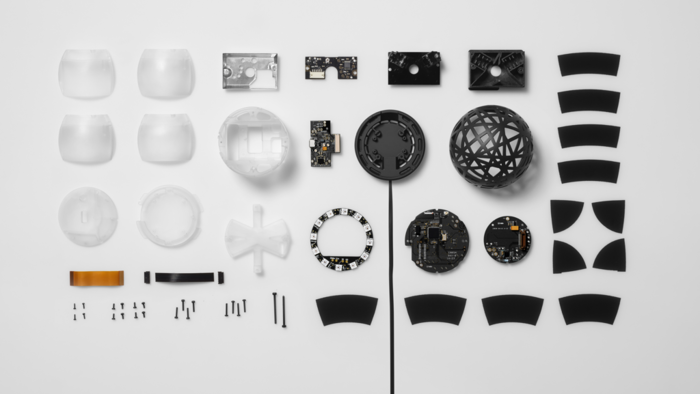
A clip, referred to as the “Sleep Pill,” is also included. This tiny device has within it a 6-axis accelerometer and gyroscope — it attaches to the pillow and is meant to monitor the user’s physical behaviors whilst asleep.
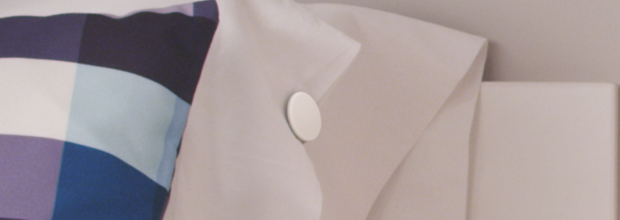
The Sense app, available both for Android and iOS devices, receives data from the Sense and Sleep Pill via Bluetooth Low Energy and ANT, and provides the user with an easy to interpret sleep score that lets them know how well the did / did not sleep the night before. Should the user want to analyze his / her sleep behavior throughout the night, a more detailed report is also available.
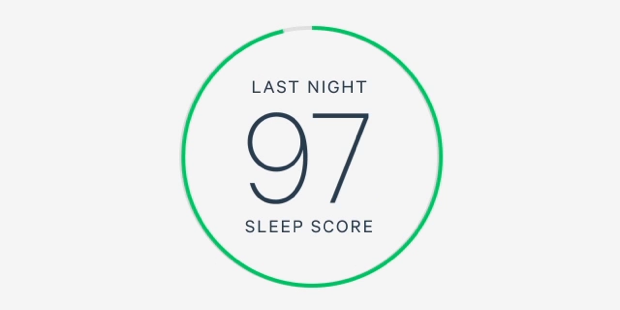
The Sense app can also use the data to determine the best time to wake a user up from his / her slumber; information it takes into consideration includes how many times the user woke up throughout the night, breathing patterns, external noise, light that entered the room, and more. This ensures the user is not woken while in a deep sleep, which can lead to a feeling of restlessness throughout the rest of the day.
The overall goal of the Sense kit is to empower sleepers with the ability to enjoy more consistent nights of good rest vis-à-vis data. The information provided at the conclusion of every resting period can be analyzed so that interruptions in sleep can be appropriately correlated with external conditions and disturbances. Once identified, the user can mitigate these interruptions and, in turn, enjoy a better night’s sleep.
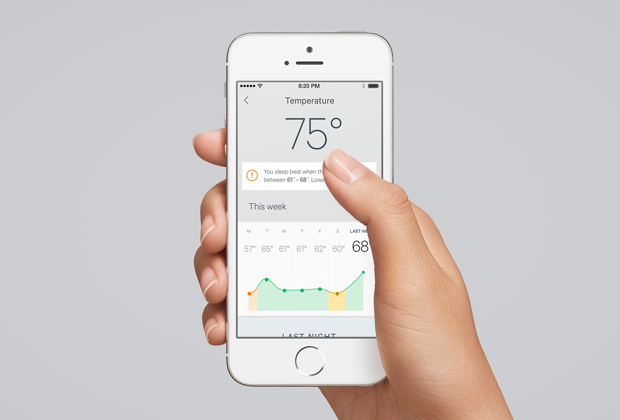
While the success Sense is seeing right now is in and of itself exceptional, the idea of sleep technology is not exactly ground breaking. Earlier this year, it was reported that Apple would soon be releasing a Healthkit app, which will include the ability to track sleep-related data via third-party devices. Samsung announced that it was including sleep-tracking software in its new Gear 2 smartwatch. And China’s Xiaomi started selling one of the cheapest sleep-monitoring wearables—the $13 MiBand – just recently too.
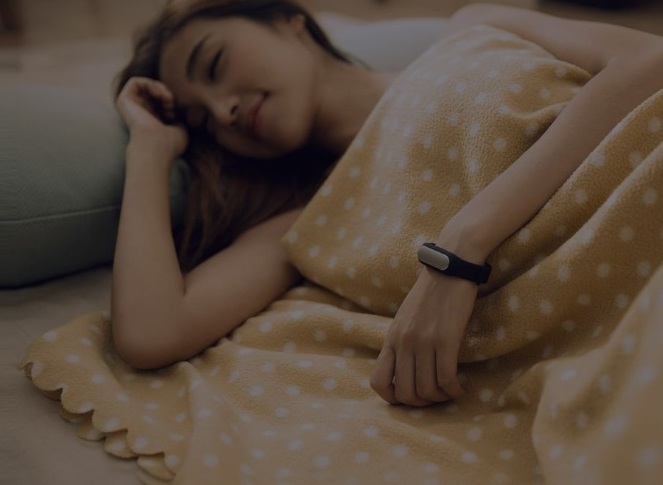
The problem with these products, and a good majority of all other sleep technologies, is that they don’t really do much more than nag the user to go to bed earlier. Sense, on the other hand, provides users with real-world information that allows for a much deeper understanding of the relationship between the quality of their sleep and how it affects their health, including mood swings, concentration levels, memory, productivity, and weight gain.
Sense is also very well priced. The kit, which is slated to be released in November, can be ordered in advance for just $99. This includes the Sense orb, sleep pill, and the mobile app. If investors want two sleep pills, so they can monitor both their personal sleep patterns as well as that of their partner, the price is only $129.
In terms of the additional funds Proud has earned via Kickstarter, he said the extra money will be used to fulfill more orders and get the kit to more people.
If you’re interested in ordering Sense, or you simply want to check the campaign out for yourself, head to the Sense Kickstarter page.
Advertisement
Learn more about Electronic Products Magazine





